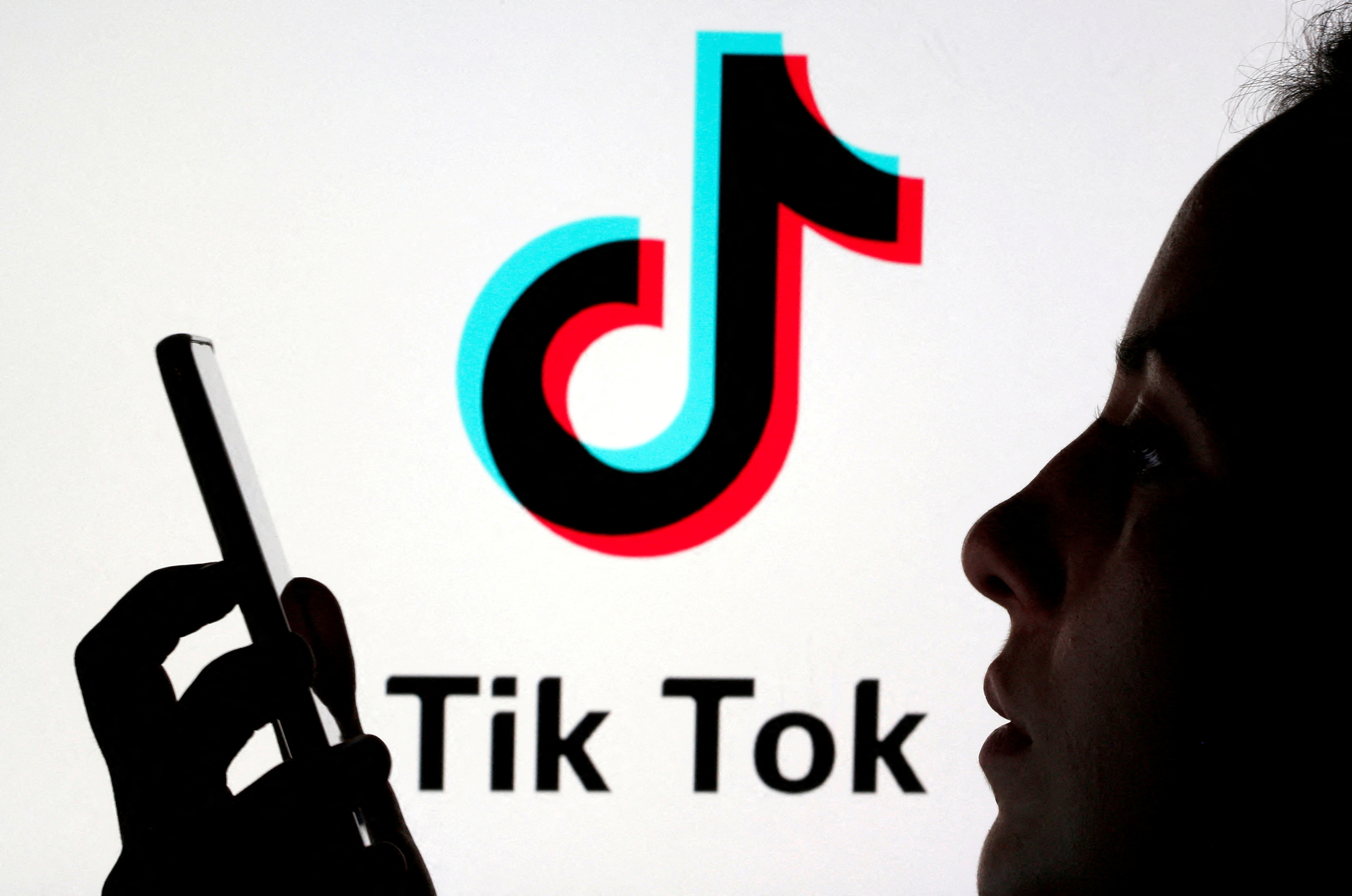
TikTok On Trial: A Critical Examination of the Supreme Court's Ban Decision
Introduction
TikTok, the wildly popular social media platform, has been at the center of a heated legal battle that culminated in a pivotal decision by the Supreme Court. The case, Gonzalez v. Google, delves into the intricacies of Section 230 of the Communications Decency Act, a provision that has long shielded technology companies from liability for user-generated content. This article delves into the complexities of the Supreme Court's impending ban decision on TikTok, exploring the multifaceted perspectives, potential outcomes, and broader implications of this landmark case.
Section 230: A Balancing Act
Section 230 has played a crucial role in fostering innovation and free speech on the internet. It grants websites and platforms immunity from lawsuits based on content posted by their users, placing the onus of responsibility on the individual users who create and share the content. This immunity has been instrumental in promoting online discourse and encouraging platforms to host a diverse range of perspectives.
However, Section 230 has also been criticized for providing a shield to companies that may not be doing enough to prevent harmful content from being disseminated on their platforms. In recent years, there have been increasing calls to reform or repeal Section 230, with some arguing that it has allowed tech giants to escape accountability for the spread of misinformation, hate speech, and other damaging content.
The Case of Gonzalez v. Google
The case of Gonzalez v. Google arose from the tragic terrorist attack in Paris in 2015, which resulted in the death of Nohemi Gonzalez, an American citizen. The family of Gonzalez sued Google, alleging that YouTube, which is owned by Google, was liable for recommending ISIS recruitment videos to the attackers. The family argued that YouTube's recommendation algorithm was instrumental in radicalizing the attackers and that Google should be held accountable for the resulting harm.
The Supreme Court's Decision
The Supreme Court's decision in Gonzalez v. Google is highly anticipated and could have far-reaching implications for the future of online content regulation. The Court will consider whether Section 230 grants immunity to Google in this case and whether the company can be held liable for the content recommended by its algorithm.
The Court's ruling could potentially narrow the scope of Section 230, making it easier for plaintiffs to hold online platforms accountable for the content they host. This could lead to increased litigation against tech companies and could force them to take more proactive steps to moderate content on their platforms.
Perspectives and Implications
The Supreme Court's decision in Gonzalez v. Google will likely be met with mixed reactions. Some experts believe that narrowing the scope of Section 230 is necessary to hold tech companies accountable for the harmful content that can proliferate on their platforms. Others argue that such a move could stifle innovation and chill free speech online.
If the Court rules against Google, it could have a ripple effect across the entire tech industry. Platforms may be forced to invest more heavily in content moderation, which could lead to increased costs and a reduction in profits. It is also possible that some platforms may choose to limit the types of content they host in order to minimize their risk of legal liability.
Conclusion
The Supreme Court's decision in Gonzalez v. Google is a landmark case that will shape the future of online content regulation. The Court's ruling has the potential to significantly alter the liability landscape for tech companies, potentially leading to increased litigation and a more cautious approach to content moderation. The outcome of this case will be closely watched by legal experts, tech companies, and advocates for free speech and consumer protection alike.
As the internet continues to evolve and new technologies emerge, it is crucial for policymakers and legal experts to strike a balance between protecting free speech and holding online platforms accountable for the content they host. The Supreme Court's decision in Gonzalez v. Google will undoubtedly play a significant role in shaping this ongoing debate.
Post a Comment